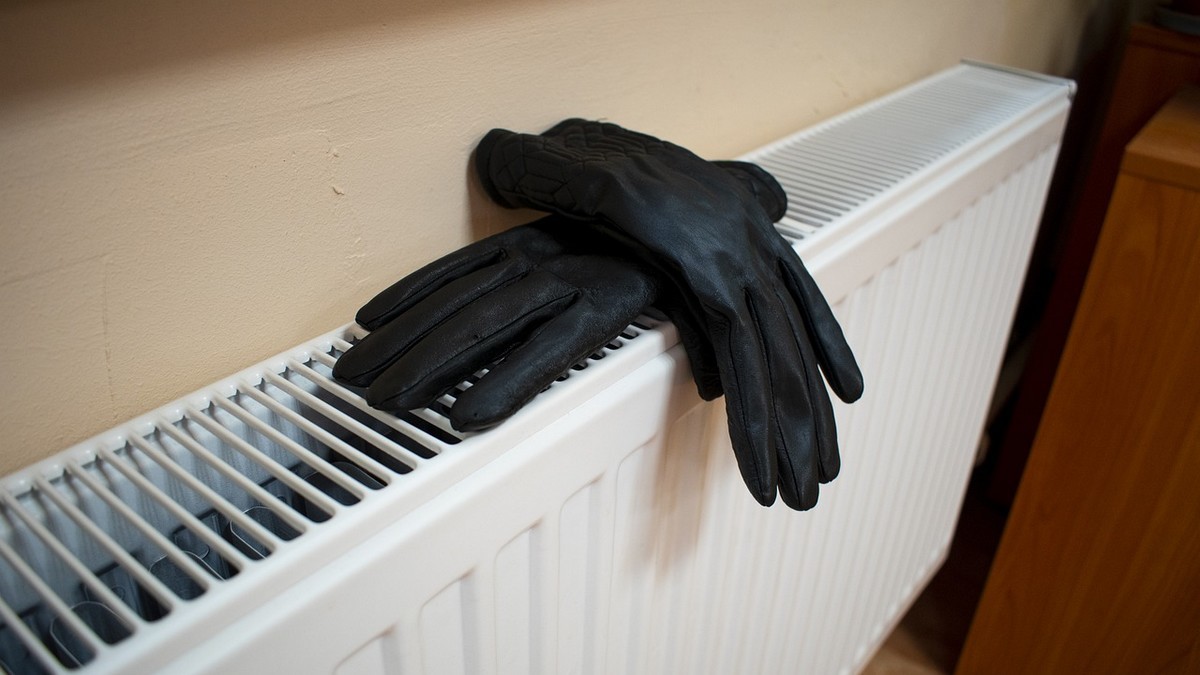KNOX COUNTY – Help is available for low-income families who need assistance paying their heating bills this winter.
Kno-Ho-Co-Ashland Community Action Commission operates an Emergency HEAP Winter Crisis Program.
It is a federally funded program for people who have had their heat sources disconnected or are threatened with disconnection, a release issued on the commission’s website said.
Assistance is limited to once her heating season, which runs from Nov. 2, 2020, to March 31, 2021.
Eligible PUCO-regulated gas or electric customers can receive up to $175, and non-regulated electric or gas co-ops may receive a benefit amount of up to $750. Assistance of up to $500 is also available for furnace repairs.
“Households using bulk fuel must have a tank containing less than 25% of its capacity,” the release said. “Also, this year, households that were diagnosed with COVID-19 are eligible without a disconnect.”
Residents must document the income of all household members, have photo identification, Social Security numbers, proof of citizenship, electric- and gas bills, and proof of any disabilities. The maximum income for a family of four is $45,850.
“Those households serviced by a PUCO-regulated utility are encouraged to sign up for the Percentage of Income Payment Plus Plan (PIPP Plus) or an alternate budget payment plan,” the release stated.
Call the Kno-Ho-Co-Ashland Community Action Commission’s HEAP office for more information or to start the application process.
Kno-Ho-Co-Ashland Community Action Commission is a private, nonprofit organization serving Knox, Holmes, Coshocton and Ashland counties. Its focus is to reduce poverty-related difficulties. It is governed by a a 24-member board of local officials, business representatives and low-income residents.




.webp)
.webp)
